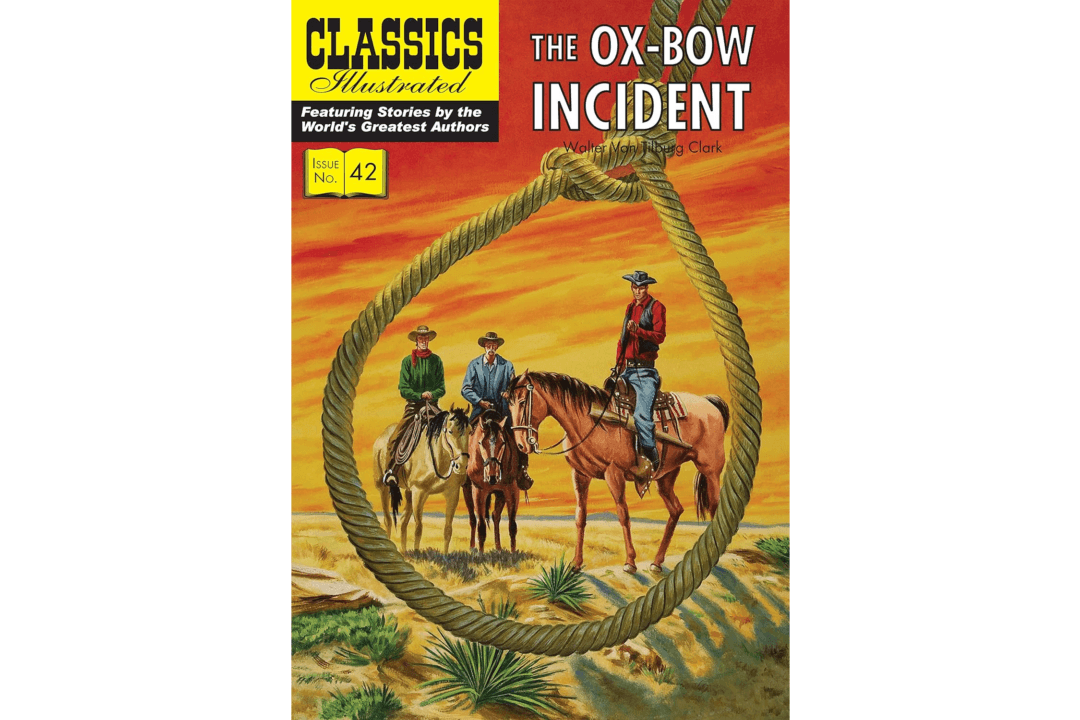Early spring, 1885. After being cooped up together in a cabin through a long Nevada winter, two cowboys, Art Croft and Gil Carter, ride into the small town of Bridger’s Wells looking for some excitement and relief from their months of solitude and boredom. Their lives will never again be the same.
As the two men settle into drinking at Canby’s saloon, they quickly learn that an outbreak of rustling has left local cattleman tense and angry. After a run of good luck during a card game, hotheaded Gil gets into a fight with one of the other players, mean-spirited Farnley. Canby breaks up that fight, and it’s all but forgotten when news arrives that rustlers have struck again, stealing more cattle and killing a man in the bargain—Larry Kinkaid.






